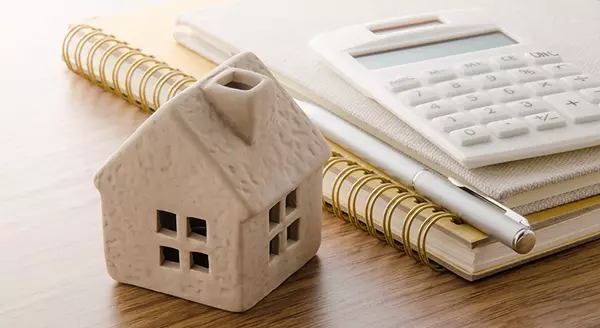What Homebuyers Need To Know About Credit Scores
If you’re thinking about buying a home, you should know your credit score’s a critical piece of the puzzle when it comes to qualifying for a home loan. Lenders review your credit to assess your ability to make payments on time, to pay back debts, and more. It’s also a factor that helps determine you
Eco-Friendly, Energy-Efficient Homes Attract Buyers
Are you planning to sell your house? If so, you may be surprised to hear just how much buyers value energy efficiency and eco-friendly features today. This is especially true as summer officially kicks off.In fact, the 2023 Realtors and Sustainability Report from the National Association of Realtors
Why the Median Home Price Is Meaningless in Today’s Market
The National Association of Realtors (NAR) will release its latest Existing Home Sales (EHS) report later this week. This monthly report provides information on the sales volume and price trend for previously owned homes. In the upcoming release, it’ll likely say home prices are down. This may feel

David Burchell
Phone:+1(559) 234-2579



